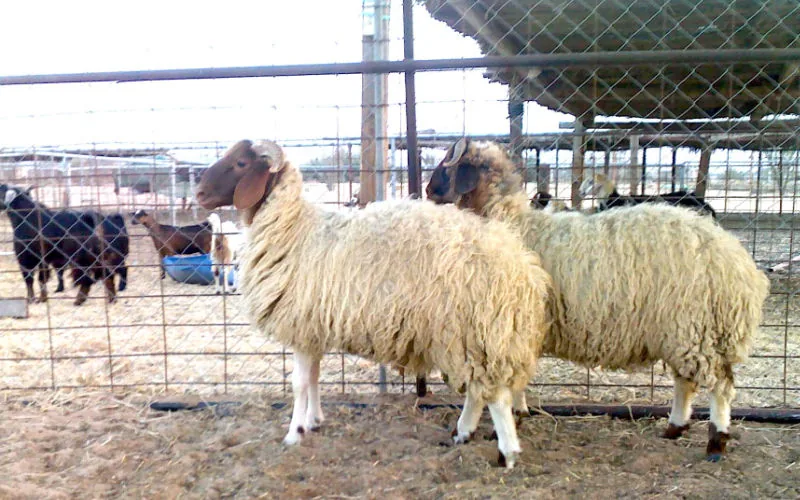Morocco Cancels Eid al-Adha Sheep Slaughter Amid Soaring Prices and Drought

On February 26, King Mohammed VI invited Moroccans to refrain from celebrating this year’s Eid al-Adha, scheduled for June. A call welcomed by low and modest income households for whom the sheep has become an inaccessible luxury.
Faced with the dizzying rise in sheep prices due to persistent drought that has reduced national herd production, Mohammed VI asked Moroccans to refrain "from performing the ritual of slaughter" of sheep on the occasion of Eid al-Adha. "Eid al-Adha is a marker of social inequalities that prevail in Morocco," wrote Yassine Majdi, editorialist for the Moroccan magazine TelQuel, emphasizing that without this royal call, "the festival would have turned into an ordeal for many families."
"Many people were relieved by this royal decision, despite their religious, social and family attachment" to the feast of sacrifice, indicated Abdallah Tourabi, political scientist and expert on political Islam, on social media, highlighting that in 26 years of reign, it is the first time that Mohammed VI has made such a decision. His father, King Hassan II, had been forced to cancel Eid al-Adha three times: in 1963, during the war with Algeria, and in 1981 and 1996, at the height of the economic crisis, recalls El Confidencial.
According to Yassine Majdi, King Mohammed VI’s call "goes well beyond the religious question." It reveals that "economic growth does not benefit everyone." Poorly distributed, this growth "can aggravate precariousness and become a factor of exclusion for the most disadvantaged," analyzes the editorialist. The High Commission for Planning (HCP) notes for its part a persistence of inequalities, despite an improvement in the standard of living of households.
A study conducted by the institution among 18,000 households over a one-year period reveals that "[...] the proportion of households threatened by poverty is increasing and, for the first time, affects both urban and rural areas." The standard of living of the 20% poorest Moroccans increased on average by 1.1% per year between 2014 and 2022, while that of the wealthiest improved by 1.4% over the period. For the middle class, the improvement was only 0.8%.
Related Articles
-

Illegal Bakeries in Morocco: A Rising Health Threat to Consumers
22 August 2025
-

Trailblazing African-Italian Lawyer Vanishes During Casablanca Layover, Sparking International Search
22 August 2025
-

Reality TV Star’s Moroccan Dream Soured: Dog Drama Ruins Romantic Dinner in Agadir
22 August 2025
-

Marrakech Housing Crisis: Young Job Seekers Face Soaring Rents and Shrinking Options
22 August 2025
-

Moroccan Expats: 4 Essential Tips to Breeze Through Customs and Avoid Penalties
22 August 2025